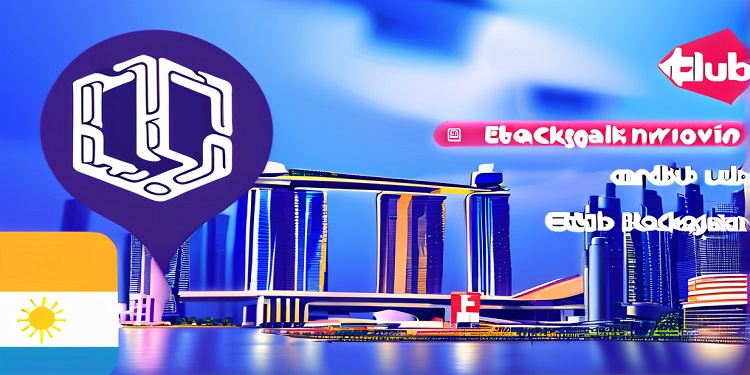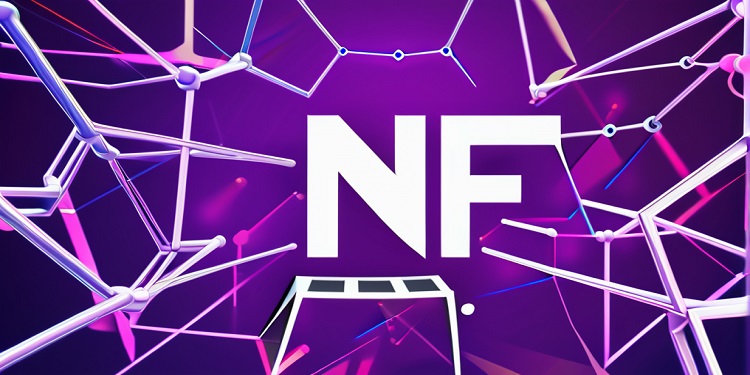 India has emerged as a pivotal player in the Web3 sector, boasting over 900 enterprises and constituting 11% of the global Web3 developer community in 2022. This positions India as the third-largest talent pool of developers globally. Chainalysis data indicates that India leads in grassroots crypto adoption and ranks second in raw transaction volumes in 2023, underlining the nation’s thriving market. The exponential growth is attributed to a flourishing startup ecosystem, abundant talent, widespread internet accessibility, a digitally adept population, and a growing interest in Web3 technologies.
India has emerged as a pivotal player in the Web3 sector, boasting over 900 enterprises and constituting 11% of the global Web3 developer community in 2022. This positions India as the third-largest talent pool of developers globally. Chainalysis data indicates that India leads in grassroots crypto adoption and ranks second in raw transaction volumes in 2023, underlining the nation’s thriving market. The exponential growth is attributed to a flourishing startup ecosystem, abundant talent, widespread internet accessibility, a digitally adept population, and a growing interest in Web3 technologies.
Web3’s Employment Surge: A Report by Primus Partners
A report titled “Unlocking the Web3 Potential: India’s Journey from a Talent Exporter to a Product Powerhouse” by Primus Partners Pvt Ltd highlights the potential of the Web3 sector to generate a substantial employment base in India. The report anticipates the creation of approximately 2 million high-paying direct jobs within the next decade, accompanied by a threefold increase in indirect job opportunities. This projection underscores India’s role as a key participant in the global technological revolution.
Shravan Shetty, Managing Director of Primus Partners, emphasized the evident transformative potential of Web3, stating that as the evolution of Web3 unfolds, its capacity for transformative growth becomes increasingly apparent.
Web3’s Transformative Impact Across Sectors
The transformative influence of Web3 extends across diverse sectors, with collaborative pilot projects showcasing its efficacy. Noteworthy applications include supply chain management, privacy enhancements in healthcare, educational certifications, voting systems, and identity management. The responsible integration of Web3 technologies has the potential to revolutionize industries and reshape traditional paradigms.
AlgoBharat’s Commitment to Indian Web3 Ecosystem
In December, AlgoBharat, the India-focused initiative of the Algorand Foundation, solidified its commitment to the Indian Web3 ecosystem through strategic collaborations with T-Hub, NASSCOM, and TiE Bangalore. Staci Warden, CEO of Algorand Foundation, expressed admiration for India’s role in global technological progress and highlighted the organization’s endeavors to contribute to financial inclusion through innovative blockchain solutions.
Anil Kakani, Vice President and India Country Head at Algorand Foundation, emphasized the potential of blockchain technologies in uplifting communities by providing broader access to markets, capital, and financial services.
Challenges Amidst Growth: Taxation and Regulatory Hurdles
Despite the significant strides in India’s Web3 sector, challenges persist, particularly in taxation and regulatory domains. The Finance Act of 2022 introduced a high TDS rate, leading to a shift in trade to foreign platforms and the grey market, undermining the consumer protection efforts of compliant Indian platforms. The report advocates for a recalibration of the tax framework to support compliance and attract participants in monitored transactions.
Additionally, challenges include restricted access to UPI and banking rails within the VDA ecosystem, pushing users towards foreign platforms and compromising payment security. The lack of clear rules and regulations further complicates the registration of Web3 businesses and the opening of bank accounts in India.
Advocating for Forward-Thinking Legislation
While existing legislation includes Virtual Digital Assets (VDAs) within frameworks like the Prevention of Money Laundering Act (PMLA) and CERT-IN Directions, the report highlights a fragmented approach. The G20 presidency has demonstrated India’s dedication to addressing VDAs, as seen in the publication of the IMF and FSB’s synthesis paper on Crypto in September 2023. The report underscores the urgency for India to advance its domestic policies, creating a conducive environment for Web3 businesses through forward-thinking legislation.
Conclusion: Navigating Challenges for Global Impact
India’s rise in the Web3 sector presents a promising trajectory, backed by its significant presence in the global Web3 developer community, a vibrant startup environment, and widespread internet accessibility. However, addressing challenges such as taxation issues and regulatory hurdles is crucial. The report emphasizes the need for proactive shaping of domestic policies, fostering an environment conducive to Web3 businesses, and solidifying India’s position as a global powerhouse in the technological revolution.








